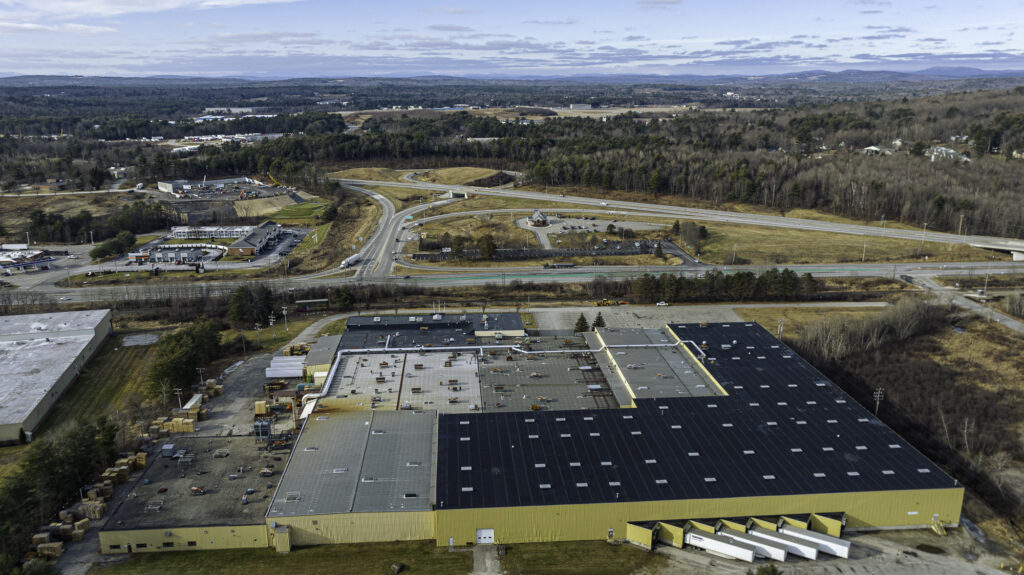
- At Aerial Imaging Services of Maine, we bring over a decade of experience in the drone services industry—including program development, pilot training, 2D/3D mapping, construction site operations, and even search and rescue missions.
With that background, I’ve witnessed a concerning trend when it comes to drone safety and compliance in U.S. airspace.
This is why I’m publishing my second post on the critical legal differences between recreational (hobbyist) vs commercial drone pilot rules.
Over the past three years, I’ve personally interviewed more than 1,000 business owners—many from multimillion-dollar companies. Every single one of them uses drones in some way, whether for internal operations, marketing, or social media. And yet, about 98% of them are not complying with even the basic FAA rules for recreational drone use, let alone meeting the standards for commercial operations under Part 107.
They’re clearly using drones for business purposes, which legally requires FAA certification as a commercial drone operator. But don’t worry—I’m not here to snitch.
In fact, I’ve come to a bold conclusion (with just a hint of satire): Apparently, you can fly commercially in the U.S. without a Part 107… if you simply pretend you’re not! (Sorry, Pilot Institute—you might want to sit down for that one.)
Here’s what you need to know about the legal distinction between hobbyist and professional drone operations—and why it matters.
What’s the Difference?
The FAA (Federal Aviation Administration) separates drone usage into two categories based on intent, not experience or skill.
Recreational Drone Use: Flying for personal enjoyment, as a hobby—like capturing vacation footage or flying in a park for fun.
Commercial Drone Use: Any operation that supports a business, earns revenue, or provides a service, even if unpaid.
That means if someone is inspecting a roof, taking photos for a client, or assisting with insurance documentation, that’s commercial use, even if they’re not being paid directly.
Legal Requirements for Each Type of Pilot
Recreational Drone Pilots:
Must fly for personal enjoyment only.
Are required to pass The Recreational UAS Safety Test (TRUST).
Can only fly in uncontrolled (Class G) airspace without special authorization.
Must follow community-based safety guidelines.
Need to register their drone if it weighs over 0.55 lbs.
Commercial Drone Pilots (Like Us):
Are certified under FAA Part 107 regulations.
Must pass a rigorous FAA knowledge test and hold a valid Remote Pilot Certificate.
Are authorized to operate in controlled airspace with FAA approval.
Must comply with additional safety rules (e.g., night operations, flying over people, etc.).
Maintain operational logs and carry proper insurance.
Why It Matters for Property Owners
Hiring a recreational drone pilot for a commercial job, like inspecting a roof or capturing imagery for Real Estate, is not legal under FAA rules. It could put your property, liability, and project at risk.
At Aerial Imaging Services of Maine, we fly every mission legally, safely, and professionally. We are fully FAA Part 107 certified, insured, and experienced in conducting detailed aerial inspections, ⅔ d modeling, and Project management.
Protect Your Property. Work With Certified Professionals.
Whether you’re managing a warehouse, shopping center, or office complex, you need reliable data and legal peace of mind. Contact us today to schedule your next roof inspection or aerial assessment. We’re here to help you get the information you need to protect your investment.